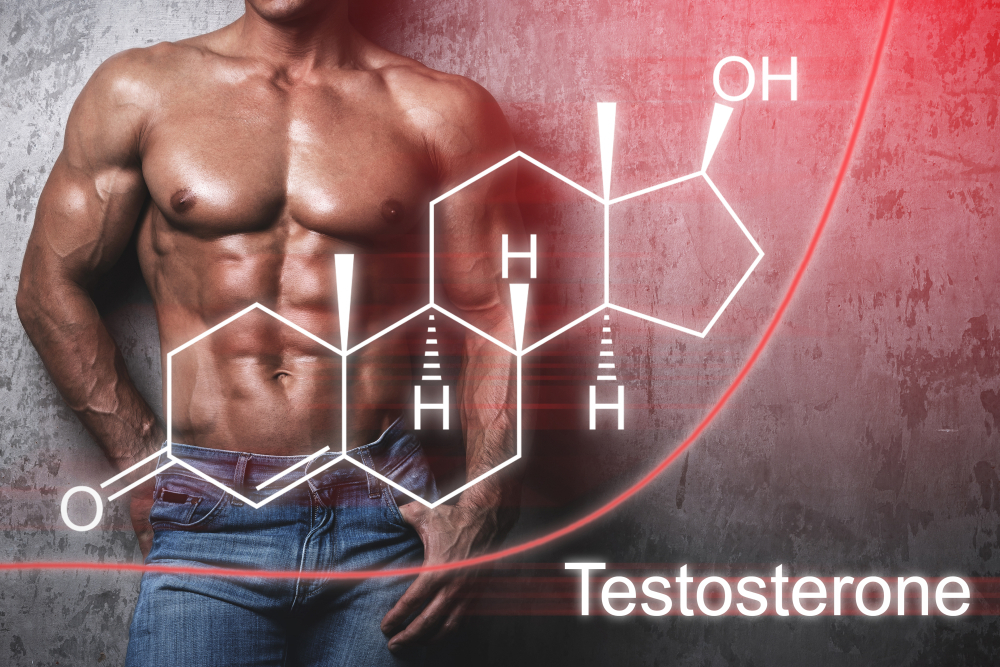Transplantation of bone marrow mesenchymal stem cells (MSCs) has been shown to effectively lower blood glucose levels in diabetic individuals, but the mechanism has not been adequately explained. We hypothesized that MSCs exert beneficial paracrine actions on the injured islets by releasing biologically active factors. To prove our hypothesis, we tested the cytoprotective effect of conditioned medium from cultured MSCs on isolated islets exposed to STZ in vitro and on mice islets after the experimental induction of diabetes in vivo. We assessed islet regeneration in the presence of conditioned medium and explored the possible mechanisms involved. Transplantation of MSCs can ameliorate hyperglycemia in diabetic mice by promoting the regeneration of β cells. Both β cell replication and islet progenitors differentiation contribute to β cell regeneration. MSC transplantation resulted in increases in pAkt and pErk expression by islets in vivo. Results with MSC-CM promoted islet cell proliferation and resulted in increases in pAkt and pErk expression by islets in vitro. The MSC-CM-mediated induction of β cell proliferation was completely blocked by the PI3K/Akt inhibitor LY294002 but not by the MEK/Erk inhibitor PD98059. Together, these data suggest that the PI3K/Akt signal pathway plays a critical role in β cell proliferation after MSC transplantation.

Exploring the Benefits of IV Therapy: What You Need to Know
As healthcare continues to evolve, IV therapy has emerged as a popular method of delivering essential nutrients directly into the

